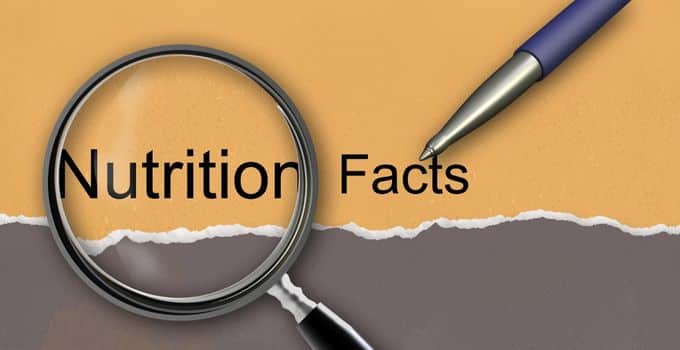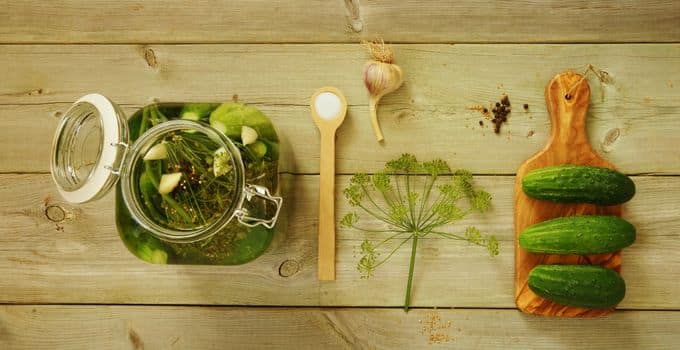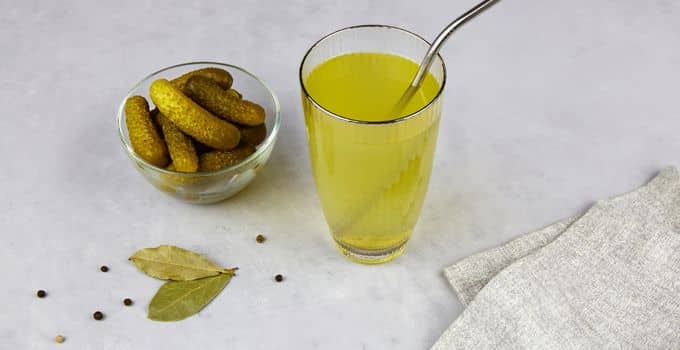Pickles have become a staple food in many homes thanks to their fantastic taste and nutritional facts. Having a low calorie count and low sugar content makes them excellent for weight loss and diabetes.
Nowadays, there are many diet trends and fads that make it challenging to keep up with what is allowed and what isn’t for your specific goals.
We will dive into the details and answer if it is possible to eat pickles while doing intermittent fasting.
Pickles Nutritional Facts

Pickles, like the majority of vegetables, are composed nearly entirely of water and contain very little oil or protein. As a result of the salty brine being drawn out of the pickles, they have an exceptionally high concentration of vitamins.
There are different types of pickles, each with a different nutritional value. For instance, a complete dill pickle includes approximately:
- Vitamin K: 20 percent of the necessary daily dose of vitamin K is essential for proper blood clotting and maintaining healthy, robust bones.
- Calcium: 6 percent of individuals’ calcium for good bones, teeth, and healthy nerves may be found in dairy products.
- Potassium: is 6 percent of your recommended daily potassium intake, ensuring your nerves continue functioning correctly.
- Vitamin C: 3 to 4 percent of the vitamin C you need daily; vitamin C is an antioxidant that helps protect your cells from harm.
- Vitamin A: 1% of the daily recommended requirement for vitamin A, which is essential for maintaining good eyesight, the body’s immune system, and a good pregnancy.
Related Article: Do Artificial Sweeteners Break A Fast
Pickles and Intermittent Fasting

Pickles are indeed low in calories and have a very low carb content, meaning they are allowed during intermittent fasting if your fasting goals are weight loss or reducing insulin spikes. However, pickles may disrupt the process of autophagy or even ketosis if you combine intermittent fasting with the keto diet.
Make sure always to evaluate intermittent fasting from different perspectives since it is not a straightforward answer for each individual person.
Everyone has different goals, and everyone has different genetics. Focusing on your specific goals and needs will help you achieve your results faster.
Pickles vs. Pickle Juice

The calories in pickle juice are lower than the calories in pickles themselves. However, there are some calories, and depending on your chosen technique, those calories may cause you to exceed the amount for fasting.
To put it another way, if your style of fasting is liberal enough to allow you to consume pickles while fasting, you are allowed to drink pickle juice. In such a case, you will need to relax the requirements of your technique.
Due to the high salt levels, pickle juice is an excellent supply of electrolytes. However, it may also include sugars, which are naturally derived from the cucumber. Nevertheless, specific recipes, particularly the ones that are sold in shops, call for the addition of sugar to the pickles.
Related Article: Does Collagen Break A Fast
Rounding It Up
If you are fasting, should you eat pickles, and how much should you consume?
Since they have a low caloric and carbohydrate content, dill pickles are safe and compatible with most fasting protocols because they will not produce an insulin response.
They will also stimulate the stomach, which will help your gut and improve digestion.
If this is the case for you, you may have pickles or drink other pickle juice now. Both have many positive effects on your health.
As always, listen to your body and address your specific needs.